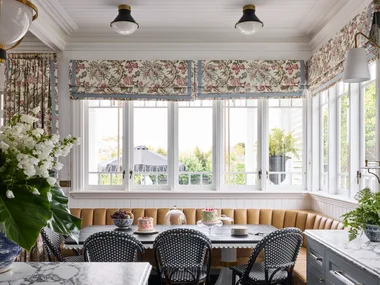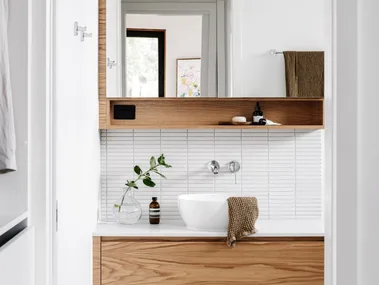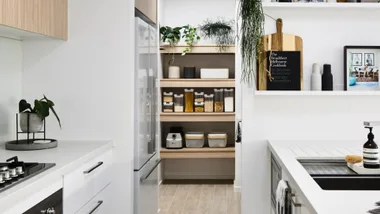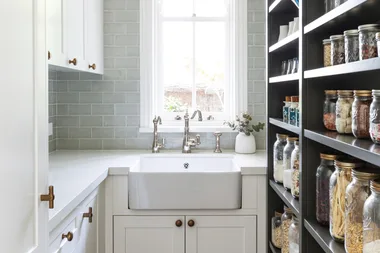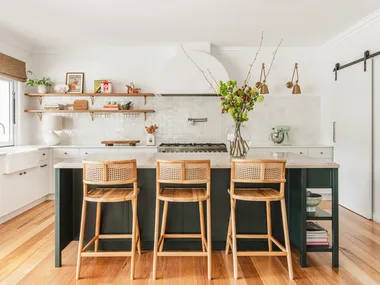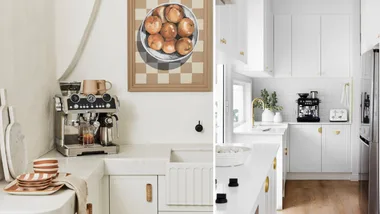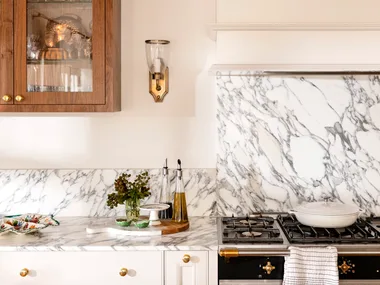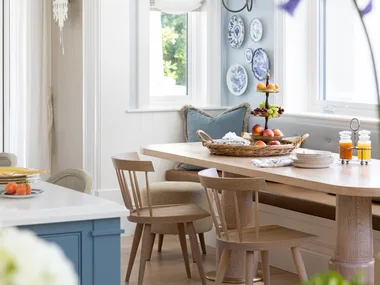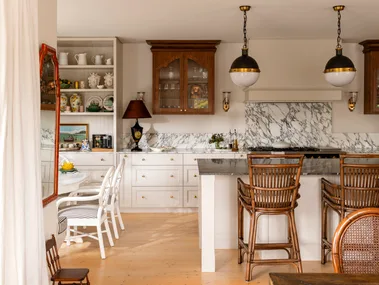Many of us may not have given it much thought but the lighting in our homes might be affecting our emotional wellbeing.
The term ‘mood lighting’ wasn’t created for no reason. With studies showing that light has a dramatic impact on our physiological and physiological wellbeing. A psychologist with online service Lysn, Elyse McNeil gives us some ideas on how to look at lighting choices with our wellbeing in mind.
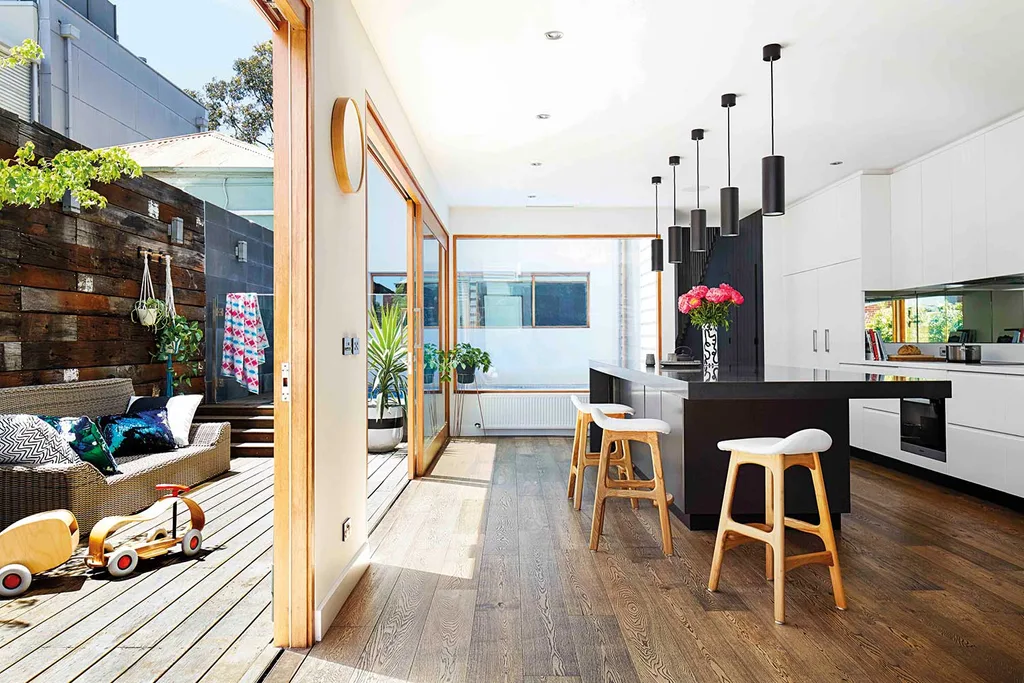
1. Bring in the natural light
Natural sunlight has been shown to make humans happier so try to incorporate this concept into your home. Natural light can help reduce symptoms of depression, and lets our bodies adjust to our natural circadian rhythms which helps us to know when to stay alert and when to sleep. Make use of windows in your home by keeping blinds open where possible and letting some natural air and light in, particularly in the morning.
2. Implement mood lighting
Studies have shown that levels of light can have an effect on various elements of our lives. Brighter lighting can heighten emotions and make us feel eager to be at home and darker lighting can have the opposite effect (if it’s like that all the time). Use darker lighting when it’s time to eat – Softer, dimmer lighting has an effect on our appetites and subconsciously makes us eat slower and less, having a positive impact on our metabolism. Dimmer lighting also allows our bodies to adjust, making us feel more relaxed and calm, ready for sleep (but we don’t want this for our house all day)! Poor lighting can be responsible for fatigue and headaches which in turn can bring on symptoms of depression and impact our immune systems. So where possible, implement some mood lighting into your home where you can adjust the settings to whenever suits.
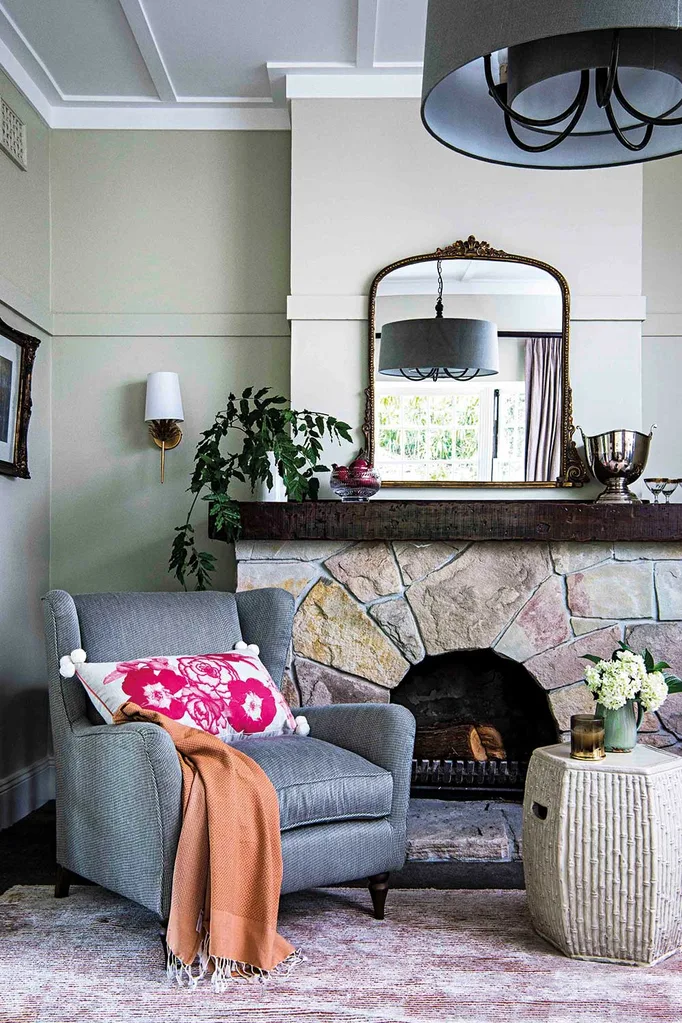
3. Be mindful of blue light
Blue light found in digital screens light laptops, iPads, phones and TVs has been known to make humans feel more energetic. This is ok during the day, in fact the sun actually emits some blue light too. However, be very mindful of blue lights in your bedroom because this can have a huge impact on your ability to sleep, which in turn can impact your emotional wellbeing. People who are suffering from a lack of sleep can feel the effects of any emotional turmoil much more than a well-slept person. Keep phones and TVs out of bedrooms, or if you must, limit visibility to one hour before bedtime.

4. Avoid excessive artificial light
Excessive artificial light from LED lights or stronger lighting options can cause rooms to feel overly bright and make us feel nervous and anxious in the space. It can also have an impact on our sleep, with a risk of causing insomnia. Wherever possible, avoid windowless rooms that have excessive artificial light and try to dim the lights at night time to prepare yourself for bed.
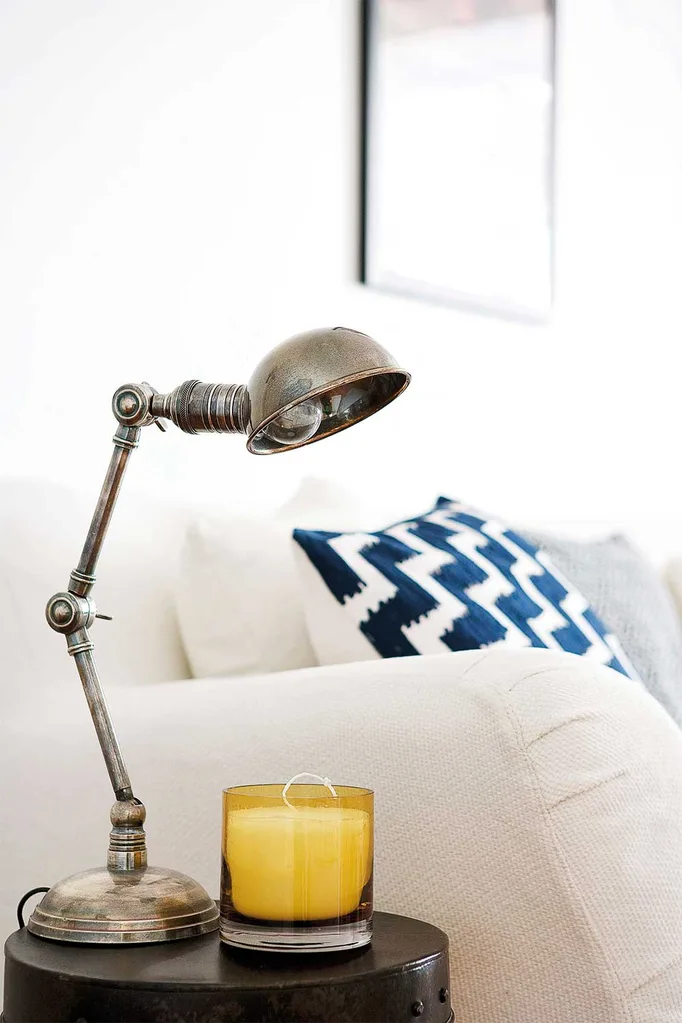
If all else fails says Elyse, try to squeeze in some outdoor time before work or at lunchtime so you can make use of the natural light!
You might also like:
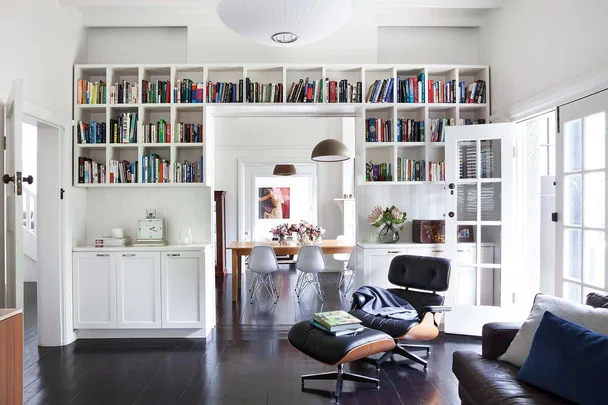 Shania Shegedyn
Shania Shegedyn
